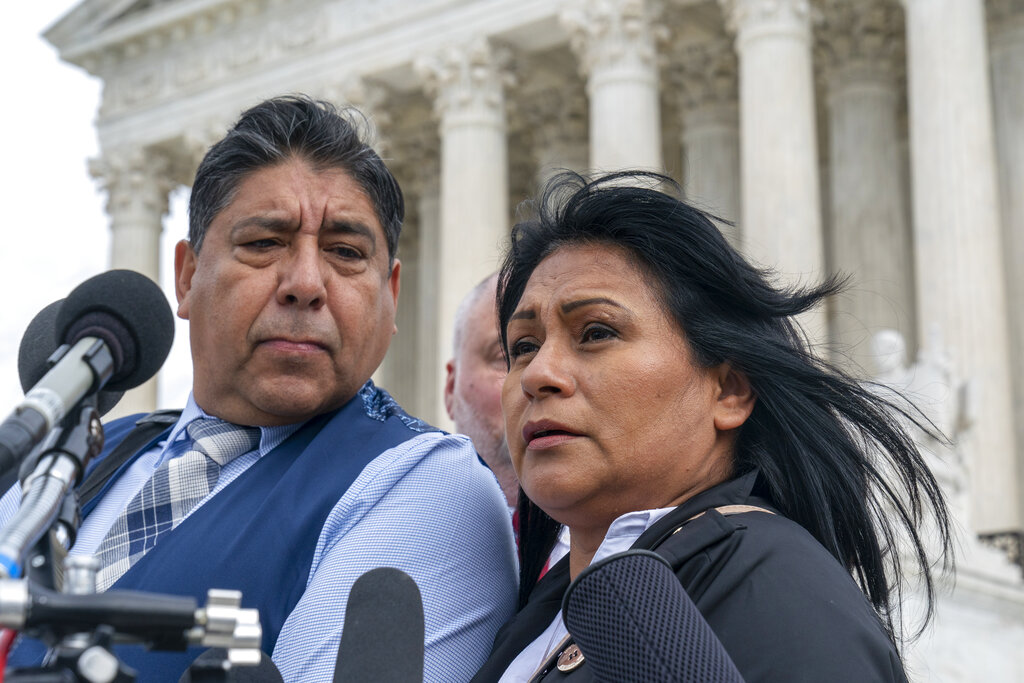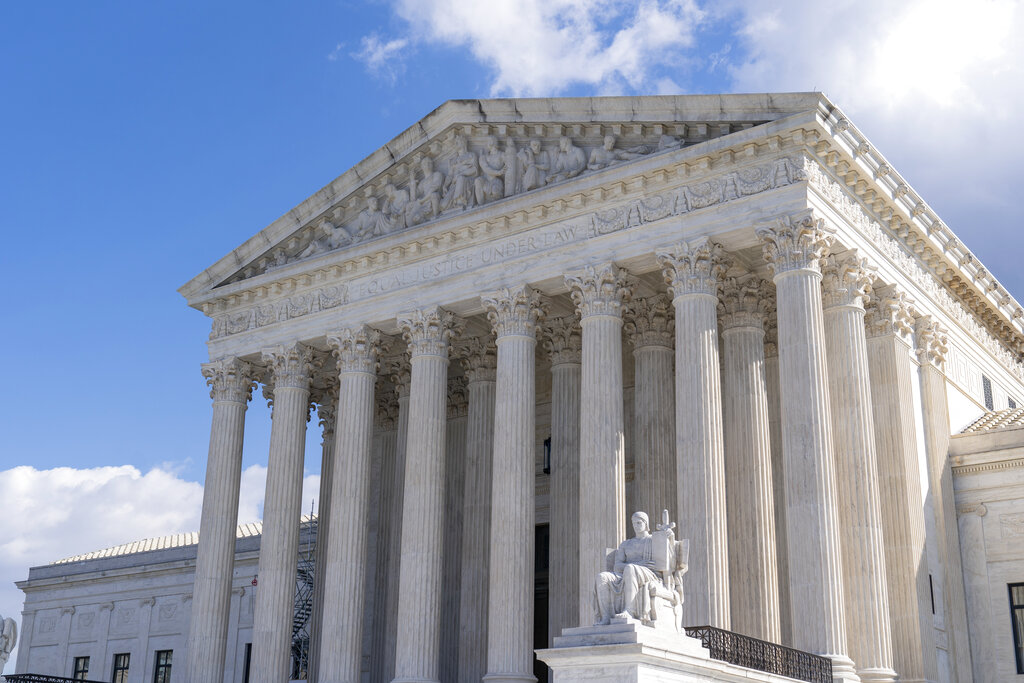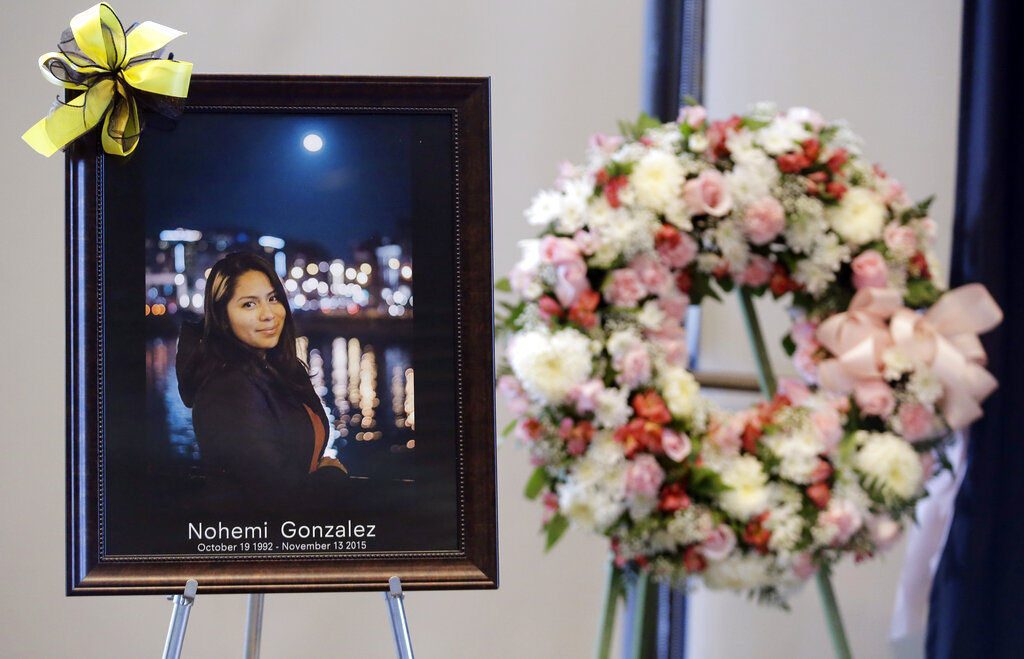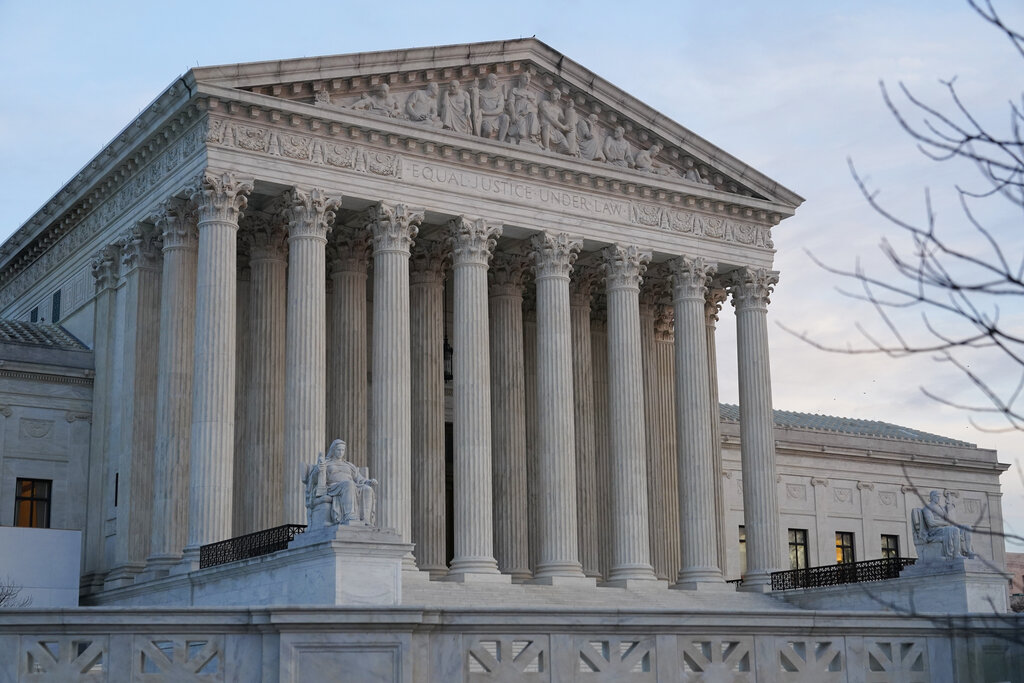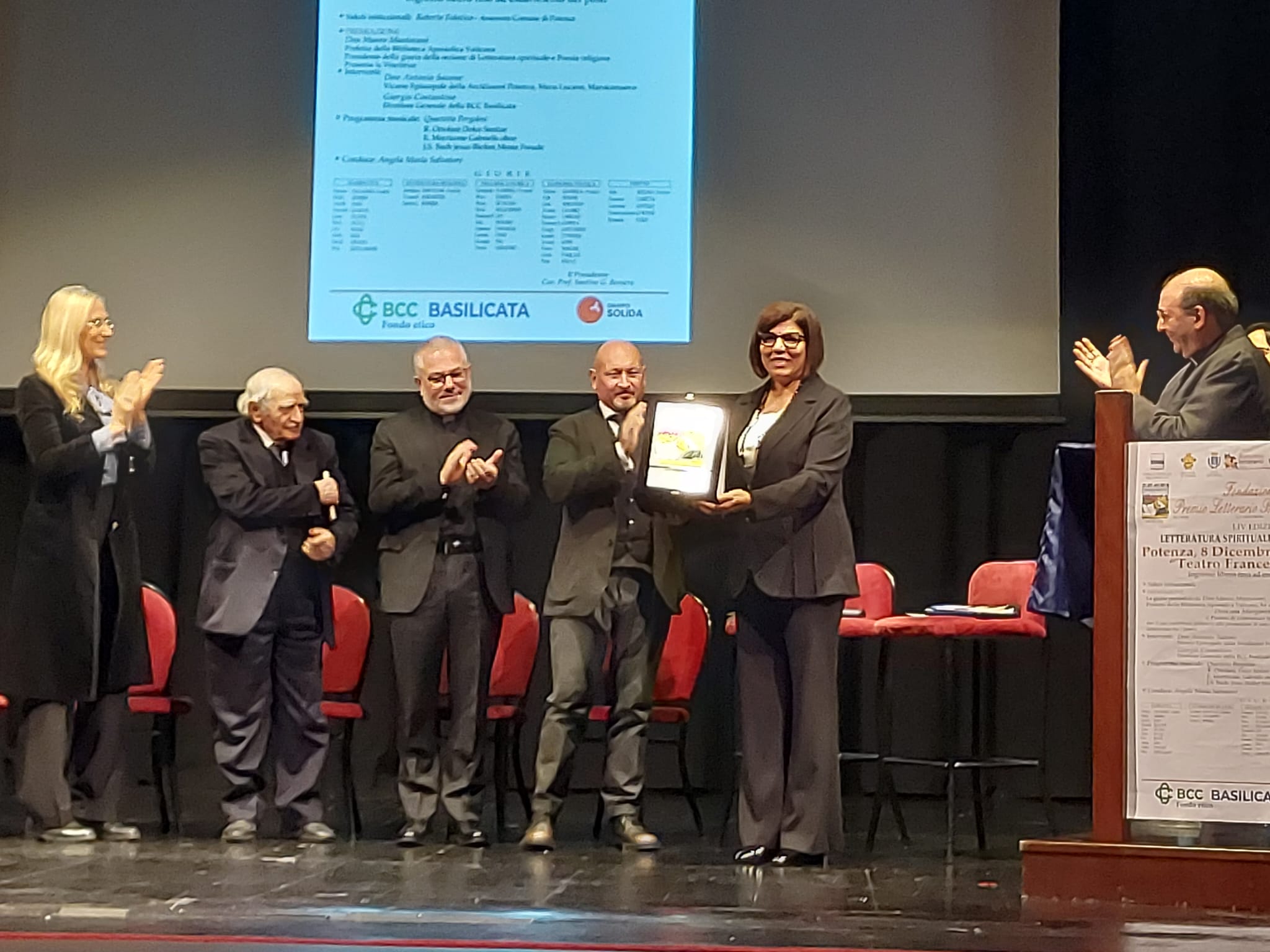La Corte Suprema degli Stati Uniti dovrebbe pronunciarsi oggi sulla possibilità che Facebook, Twitter, YouTube e Google vengano citati in giudizio per gli attacchi terroristici del 2017 in una discoteca in Turchia e del 2015 a Parigi. In entrambe le occasioni, secondo l’accusa, le piattaforme furono utilizzate dai terroristi per diffondere contenuti che hanno radicalizzato gli autori dell’attacco.
La domanda a cui la Corte deve rispondere è quindi: le aziende tecnologiche sono responsabili per i contenuti generati dagli utenti e diffusi dai loro algoritmi? Finora le aziende big tech hanno goduto dell’immunità su questo tema, ma ora il futuro di Internet è in bilico (AP Photo/Alex Brandon, Francis Chung / POLITICO)

